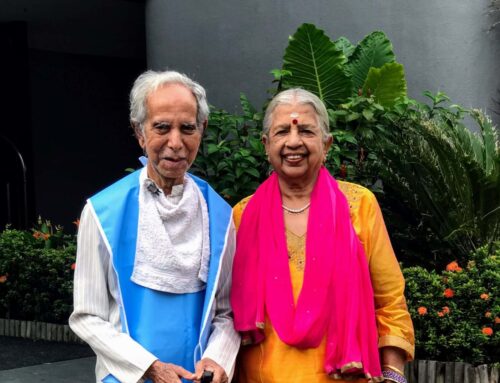Is social media taking over your life? There’s an app for that
Shoba Narayan
November 5, 2013 Updated: November 5, 2013 18:30:00
How much time do you spend on Facebook and Twitter? No, seriously: is it an hour a day, or minutes spread over the course of the day?
And why do you go to Facebook? Is it to bond with friends, check on how and what they are doing, or simply to surf and to stalk people for vicarious pleasure?
I have three words for you: get a life.
I mean that facetiously of course. I too spend an inordinate amount of time on social media; much more than I like. Often I wonder about the consequences, besides the loss of productivity.
Now that half of the globe seems to be on Twitter and Facebook, the side effects of increased social media usage has become the topic of several academic papers.
German researchers, for instance, have found that the predominant emotion aroused via Facebook is envy. Seeing our friends’ awards, travel plans, photographs, fabulous daily routines and children can make us jealous.
This makes sense but really it shouldn’t: the things that most people post on Facebook are the highlights of their lives, and not what broadcast journalists call the ‘B-roll.’ People don’t post the mundane minutiae of daily life on their Facebook or Twitter updates; not the ups and downs and not the large chunks of boredom that constitute life, even a life well-lived. The question I have is a little different: are we so interested in sharing our lives on Facebook that we forget to enjoy them? Are we so busy trying to document our lives that we fail to live them?
I am as guilty of this is anybody else. I see something beautiful and I immediately want to photograph it and post it on Instagram. I read a well-researched article and I immediately want to share it with my friends on Facebook. I watch a funny movie and I immediately want to tell my followers on Twitter to do the same. I know people who attend a lecture and tweet about it live from the venue, which leads me to wonder if they are actually listening to the speech and digesting it.
The act of sharing is not bad; it actually improves human enjoyment. But in the past, sharing had its time and place. You attended a party; people would be talking about the movies, you would tell them about the latest thriller that you enjoyed. But all this happened after the fact, after you watched the movie, not during it. Does all our instant, live, constant sharing have a consequence? I believe it does.
Viewing the world through the prism of social media causes you to pay selective attention. Instead of experiencing a parade, you photograph a particular dancer – missing all the others – and post it on Instagram. Instead of listening to a song and enjoying it, you listen to a few verses and share it on SoundCloud. Instead of reading about neuroscience in a blog, you read the first few paragraphs, deem it share-worthy and send it along to your followers on Twitter. You see a design blog that you like and before you even make sure that the content is suitable, you share it on Facebook.
The act of sharing makes you appear erudite and engaged, but over time, it can diminish your enjoyment.
There are two apps that help me keep track of and control the amount of time I spend on social media. One, called SelfControl, is of great use. It is free and I have installed it in all my computers.
SelfControl asks you to name websites that you don’t want to visit. I have named Facebook, Twitter and other social media sites.
After spending 10 minutes every morning on these sites, I turn on SelfControl. It prevents me from accessing these sites for a specified amount of time, be it a few hours or for a day.
Another app, RescueTime, tracks how you use your time on your computer. It doesn’t prevent anything, but it alerts you to the exact amount of time you “waste” online.
If you don’t have self control, download SelfControl. It will help rescue your time for more productive tasks, such as reading a book.
Shoba Narayan is the author of Return to India: a memoir



I came to know of self-control when I did a profile on the inventor of Freedom.
http://sciencecareers.sciencemag.org/career_magazine/previous_issues/articles/2013_02_01/caredit.a1300009
In one of my favourite publications no less. Kudos, Vijee!!
Lovely piece.
Thanks Shoba! Working on another piece about a trailblazing Indian women for the same publication.
Please send to me, V.